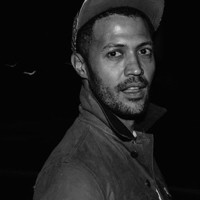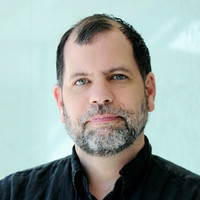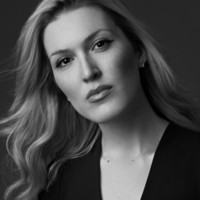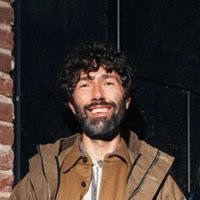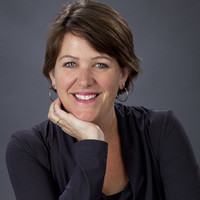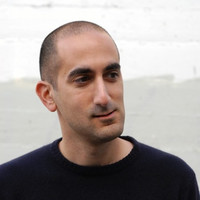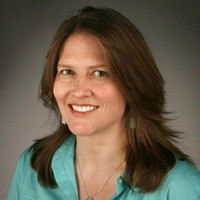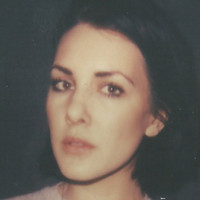Nitasha Tiku is a senior writer at Wired.
“I’ve always been an incredibly nosy person—not nosy, curious. Curious about the world. It just gives you a license to ask any question, and hopefully if you have a willing editor, the freedom to see something fascinating and pursue it. It was just a natural fit from there. But that also means I don’t have the machismo, ‘breaking news’ sort of a thing. I feel like I can try on different hats, wherever I am.”
Thanks to MailChimp and Credible.com for sponsoring this week's episode.

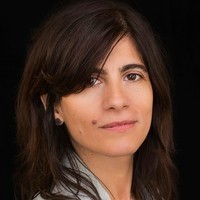





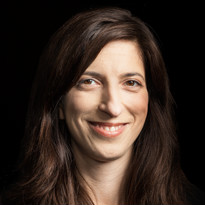 Pamela Colloff is an executive editor and staff writer at Texas Monthly.
Pamela Colloff is an executive editor and staff writer at Texas Monthly.
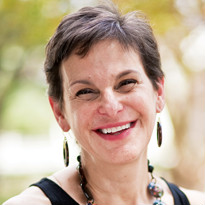 Mimi Swartz has written for Talk, The New Yorker and Vogue. She is an executive editor at Texas Monthly.
Mimi Swartz has written for Talk, The New Yorker and Vogue. She is an executive editor at Texas Monthly.



